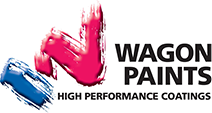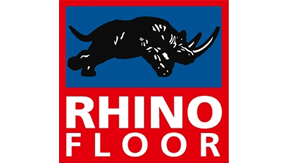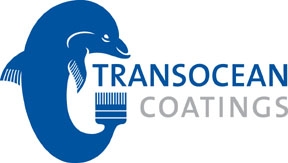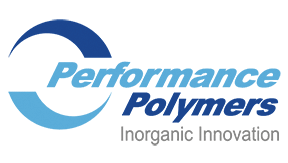Surface Coating Prep: Key Practices & Tips In Commercial And Marine Applications
Proper preparation is the foundation for achieving outstanding and long-lasting paint finishes in industrial, commercial and marine surface coating applications. By following these tips and best practices, you can ensure that your surfaces are clean, smooth and ready for painting. If you have any specific questions or concerns, don’t hesitate to consult with the experts at Wagon Paints or your paint supplier.
Preparation makes perfect
Before you begin painting, it is crucial to clean the surface to remove any dirt, grease, oil or other contaminants. Use a suitable cleaning solution and ensure that the surface is completely free from debris. This step helps to promote better paint adhesion and prevents the formation of defects such as peeling or bubbling.
Repair and patch imperfections
Inspect the surface for any cracks, holes or imperfections and address them before painting. Fill in the gaps with an appropriate filler and sand down the repaired areas to ensure a smooth and even surface. Taking care of these imperfections will enhance the final appearance and durability of the surface.
Remove loose or flaking paint
If you’re painting over an existing coating, it is crucial to remove any loose or flaking paint. Use a blasting machine, abrasive paper, scraper or wire brush to eliminate the damaged or peeling layers. Sanding can also help create a more uniform surface, ensuring proper adhesion of the new paint.
Prime the surface
Priming the surface before painting can provide numerous benefits. It helps to seal porous surfaces, promotes better adhesion and enhances the coverage and longevity of the paint. Best-selling primers include Rhinogrip Etch Primer, 2-pack modified urethane high build primers, Rhinamel CC Primer and Zinc Rich Primer No.1. Consult with your Wagon Paints supplier to choose the appropriate primer for your specific surface and project requirements.
Use proper protective equipment
When preparing surfaces for painting in industrial, commercial and marine settings, it is essential to prioritise safety. Wear appropriate protective gear such as gloves, safety goggles and masks to protect yourself from harmful chemicals, dust and fumes. Additionally, ensure proper ventilation in the workspace to maintain a safe and healthy environment.
Consider surface-specific techniques
Different surfaces require specific preparation techniques. For instance, metal surfaces may need to be sanded or treated to remove corrosion. Wood surfaces may require sanding and filling, while concrete surfaces may need etching or cleaning with a concrete cleaner. Understand the unique characteristics of your surface and follow the recommended techniques accordingly.
Follow manufacturer’s instructions
Always refer to the manufacturer’s guidelines and instructions provided with your chosen paint and surface coating systems. Manufacturers often provide specific recommendations for surface preparation, including recommended tools, techniques and drying times. Following these instructions ensures optimal results and helps you avoid any potential issues.
Wagon Paints – manufacturing high quality industrial finishes and surface coating systems since 1975
By following these tips and best practices, you can ensure that your surfaces are clean, smooth and ready for painting. Remember to invest time and effort in the preparation phase to maximise the benefits of your high-quality industrial finishes and surface coating systems. If you have any specific questions or concerns, don’t hesitate to consult with your paint supplier. With the right preparation, you can create visually appealing and durable paint jobs that stand the test of time. If you’re interested in learning more about high quality industrial finishes and surface coating systems, contact Wagon Paints to see how we can help you find the perfect industrial, commercial or marine coating for your needs. Call Wagon Paints today on +61 3 9729 1344 or complete an online enquiry form.




